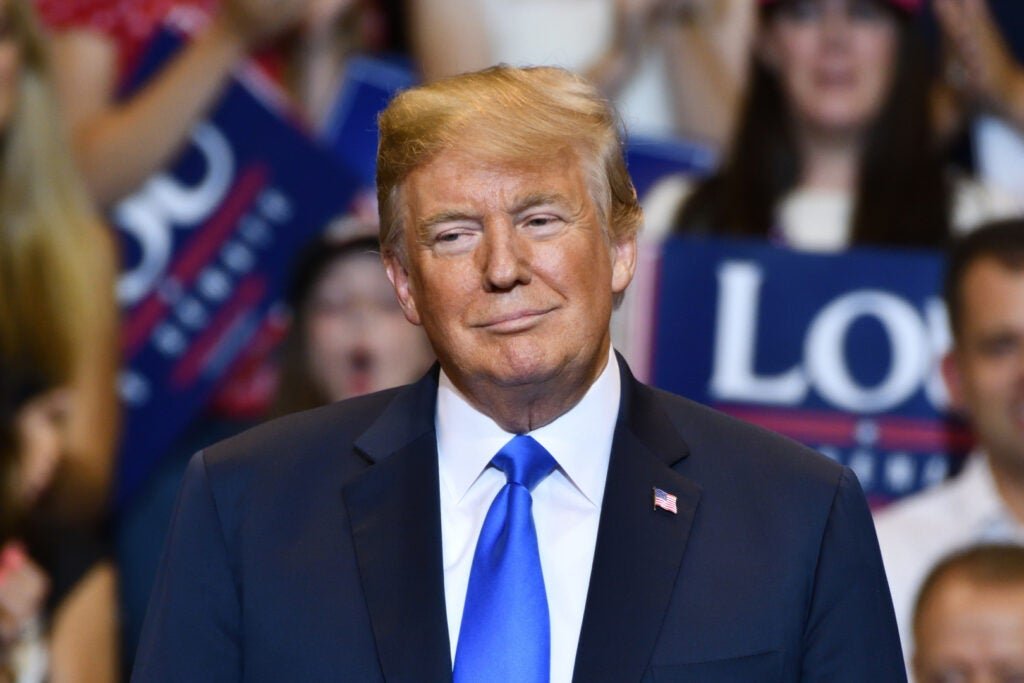The past week was filled with significant events and developments across the globe. From unexpected diplomatic proposals to legal rulings against prominent figures, the news cycle was intense. Let’s take a closer look at some of the key happenings that made headlines.
One of the most surprising diplomatic moves came from North Korea, where Kim Yo Jong, the sister of leader Kim Jong Un, proposed a summit with Japan’s Prime Minister Fumio Kishida. This unexpected gesture could potentially disrupt the existing alliance between Japan, the U.S., and South Korea, while also opening up possibilities for improved relations between Japan and North Korea. The proposal urged Japan to set aside concerns over the abduction issue, signaling a potential thaw in relations between the two countries.
In a legal blow to former U.S. President Donald Trump, a New York court ordered him to pay a hefty fine of $354.9 million for fraudulently inflating his net worth to secure favorable loan terms. The court also imposed a three-year ban on Trump, preventing him from holding any officer or director positions in New York corporations. The lawsuit, spearheaded by New York Attorney General Letitia James, accused Trump of inflating his net worth by billions of dollars annually over a decade.
On the political front, former UK Prime Minister David Cameron found himself in a humorous exchange with Rep. Marjorie Taylor Greene over increased funding for Ukraine. Greene’s blunt response of “kiss my ass” to Cameron’s plea was met with a witty comeback from the former Prime Minister, highlighting the lighter side of international relations.
In the U.S., former New Jersey Governor Chris Christie hinted at the possibility of voting for President Joe Biden in the upcoming election, signaling his disapproval of Donald Trump. Christie also mentioned the potential support for a “unity” ticket by Sen. Joe Manchin under the No Labels political group, emphasizing the need for bipartisan cooperation.
Meanwhile, Estonia raised concerns about Russia’s military intentions, warning of a potential confrontation with NATO in the next decade. The report from Estonia’s Foreign Intelligence Service highlighted Russia’s plans to double its forces along the NATO border with Finland and the Baltic States, suggesting a growing military standoff between Russia and the West.
Overall, the past week was filled with a mix of diplomatic maneuvers, legal rulings, political statements, and international warnings. As the world continues to navigate complex geopolitical challenges, these events serve as a reminder of the ever-changing landscape of global affairs.





